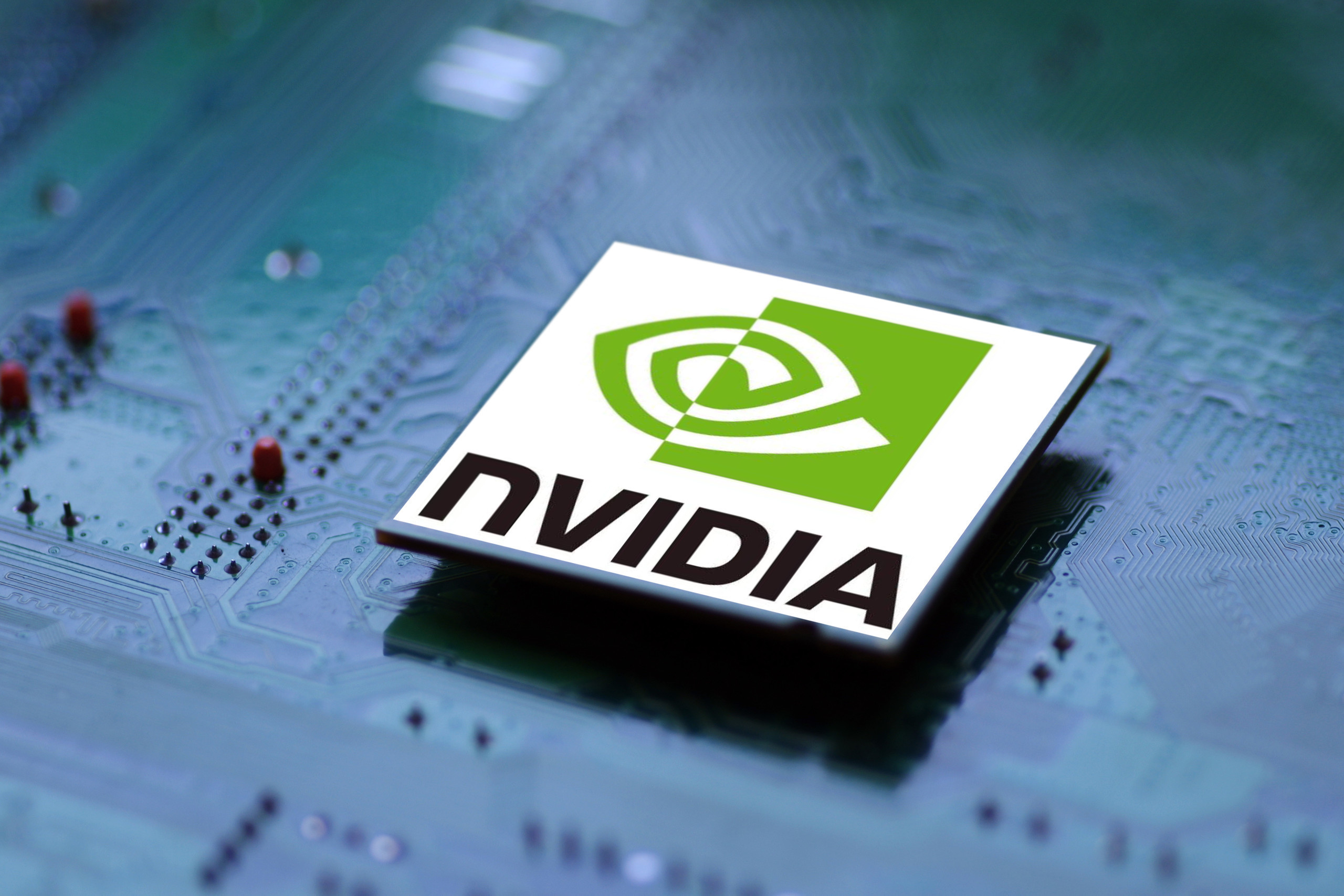
Recently, the US stock market ushered in a shocking trading day, especially the technology giant NVIDIA's share price suffered an unprecedented plunge, the market value of nearly 280 billion US dollars evaporated in a single day, this event not only triggered widespread attention of global investors, but also deeply revealed the challenges and risks faced by US technology companies.
The immediate trigger for the plunge in Nvidia's share price was an antitrust investigation by the US Department of Justice. Investigators are concerned that Nvidia's market practices could hinder competitors and make it harder for customers to switch to other providers. In addition, possible bias in Nvidia's pricing strategy has also raised concerns from regulators that the company may be strengthening its market position by penalizing customers who don't specifically use its AI chips. This regulatory pressure directly hit investor confidence, causing share prices to fall sharply in a short period of time.
The Institute for Supply Management's (ISM) manufacturing PMI data for August came in at 47.2, below market expectations of 47.5 and below the line of expansion and contraction for five consecutive months, reflecting the weak state of the manufacturing sector. The sharp decline in the new orders index added to fears of an economic slowdown and even a recession. The negative performance of the economic data became another hammer that crushed investor confidence, prompting a large amount of money out of the stock market, especially technology stocks.
Although Nvidia has enjoyed strong results over the past few years due to surging demand for artificial intelligence and data centers, recent earnings have shown that the company will remain cautious about future spending on artificial intelligence, while revenue guidance for the next quarter has failed to meet the market's lofty expectations. Investors were deeply disappointed by the news and sold their shares, further exacerbating the decline in share prices.
In addition to the adverse impact of domestic economic data, Nvidia also faces challenges in the international policy environment. The "Chip Sanctions Act against China" introduced by the Biden administration caused Nvidia to lose part of its share in the Chinese market, which had a direct impact on its performance. In addition, the global chip market is also becoming increasingly competitive, and any delay in Nvidia's technological innovation and product launch could be exploited by competitors, further affecting its market position.
The plunge in Nvidia's stock price wiped out nearly $280 billion in market value overnight, which not only set a new record for single-day market value losses for individual stocks in the U.S. stock market, but also marked a huge decline in Nvidia's market value. This has not only affected the company's own financing ability and market position, but also caused serious losses to the wealth of its shareholders and investors.
As a bellwether for tech stocks, the plunge in Nvidia's share price has undoubtedly dealt a heavy blow to confidence in the entire tech sector and even the stock market as a whole. Investors are starting to re-examine the value of technology stocks, raising doubts about the sector's future growth potential. This loss of confidence could lead to further withdrawals from the tech sector, adding to volatility and uncertainty in the market.
The plunge in Nvidia's share price also triggered a ripple effect across the semiconductor industry. Many chip companies such as Intel and Micron Technology have followed the decline, and the Philadelphia Semiconductor Index also fell sharply. This resonance effect within the industry has not only exacerbated the panic in the market, but also further weakened the market confidence and growth expectations of the entire semiconductor industry.
The plunge in Nvidia's stock price is not just a problem for the company itself, but also reflects the broader challenges facing the U.S. economy. Weak manufacturing data, expectations of a slowdown and uncertainty in global markets have clouded the outlook for the U.S. economy. This could not only affect the profitability and willingness of US companies to invest, but could also adversely affect the global economic recovery.
Overall, the plunge in Nvidia's stock price is not only a major blow to the company itself, but also reveals the challenges and risks facing U.S. tech companies and the broader stock market. Against the backdrop of adverse economic data, escalating antitrust investigations, and changes in the international policy environment, investors need to take a more careful look at market movements and corporate fundamentals to formulate effective investment strategies.

On December 22, 2025, the Trump administration suddenly announced the suspension of all five ongoing offshore Wind power projects on the US east coast, citing "national security risks", including key projects such as Vineyard Wind 1 in Massachusetts and wind power on the Virginia coast.
On December 22, 2025, the Trump administration suddenly ann…
On December 22 local time, the eighth flight of Japan's new…
Since the beginning of this year, the Trump administration'…
President Trump has faced scandals, impeachment, investigat…
The EU economy on Christmas Eve 2025 presents a complex pic…
India has committed to providing 450 million US dollars in …